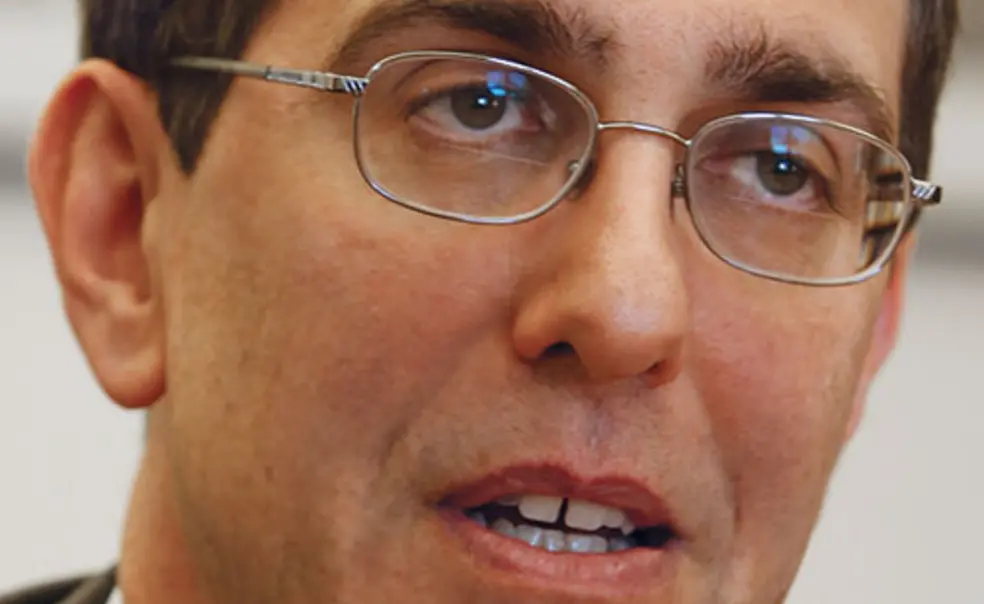A Promise of Action
Investigation finds Title IX violations; agreement reached to combat sex assaults
Federal education officials last month announced the end of a nearly four-year investigation of Princeton’s sexual-misconduct policies, finding that the University had violated Title IX for failing to promptly and equitably respond to complaints of sexual violence and for failing to end the sexually hostile environment for one student.
The Nov. 5 announcement was accompanied by an agreement between the University and the Department of Education’s Office for Civil Rights (OCR) in which Princeton pledged to take steps “to ensure compliance with Title IX” as it applies to sexual harassment and violence.
Federal officials noted that a revision of the University’s sexual-misconduct policies, approved by the faculty in September, had corrected many of the problems found during the OCR investigation. Among other things, the University adopted the “preponderance of the evidence” standard to investigate sexual-assault allegations, provided both parties the right to appeal, and agreed to handle cases promptly.
President Eisgruber ’83 said in a statement that the agreement “reaffirms our commitment to address all matters of sexual misconduct in ways that are fair, effective, and transparent.”
The investigation was triggered by complaints filed against the University in 2010 and 2011 on behalf of three students; each alleged that she had been sexually assaulted by another student. In one case, the accused student was found responsible for the assault and was suspended; the other two claims of sexual assault were not substantiated. As part of the agreement with OCR, the University agreed to provide to each of the three students “reimbursement for appropriate University-related expenses as well as expenses for counseling.”
The OCR agreement also requires:
- The University will review its handling of complaints and reports of sexual misconduct for the three years leading up to Sept. 1, 2014. While Princeton is not expected to “reinvestigate” or revisit the outcomes of those cases, it will assess its handling of the cases and, as appropriate, provide resources “such as counseling or academic adjustments” for the complainants.
- The University will report annually to OCR on its responses and handling of all sexual-assault/violence allegations for the next three years.
- Princeton will take a series of steps to create a campus environment “in which students feel comfortable and safe reporting incidents of sexual assault and violence,” the OCR said, including annual “climate checks” with students, a public-awareness and bystander-intervention campaign, and improved coordination with law-enforcement agencies.
Wendy Murphy, adjunct professor at New England Law, Boston, who represented the student in the first complaint filed against the University, described the student as the “unsung hero” whose case started “all the Title IX media and activism over the past four years.” Although four years has been “a long time to wait,” Murphy said, “to Princeton’s credit, they have done some very important things to reform their policies.”













No responses yet